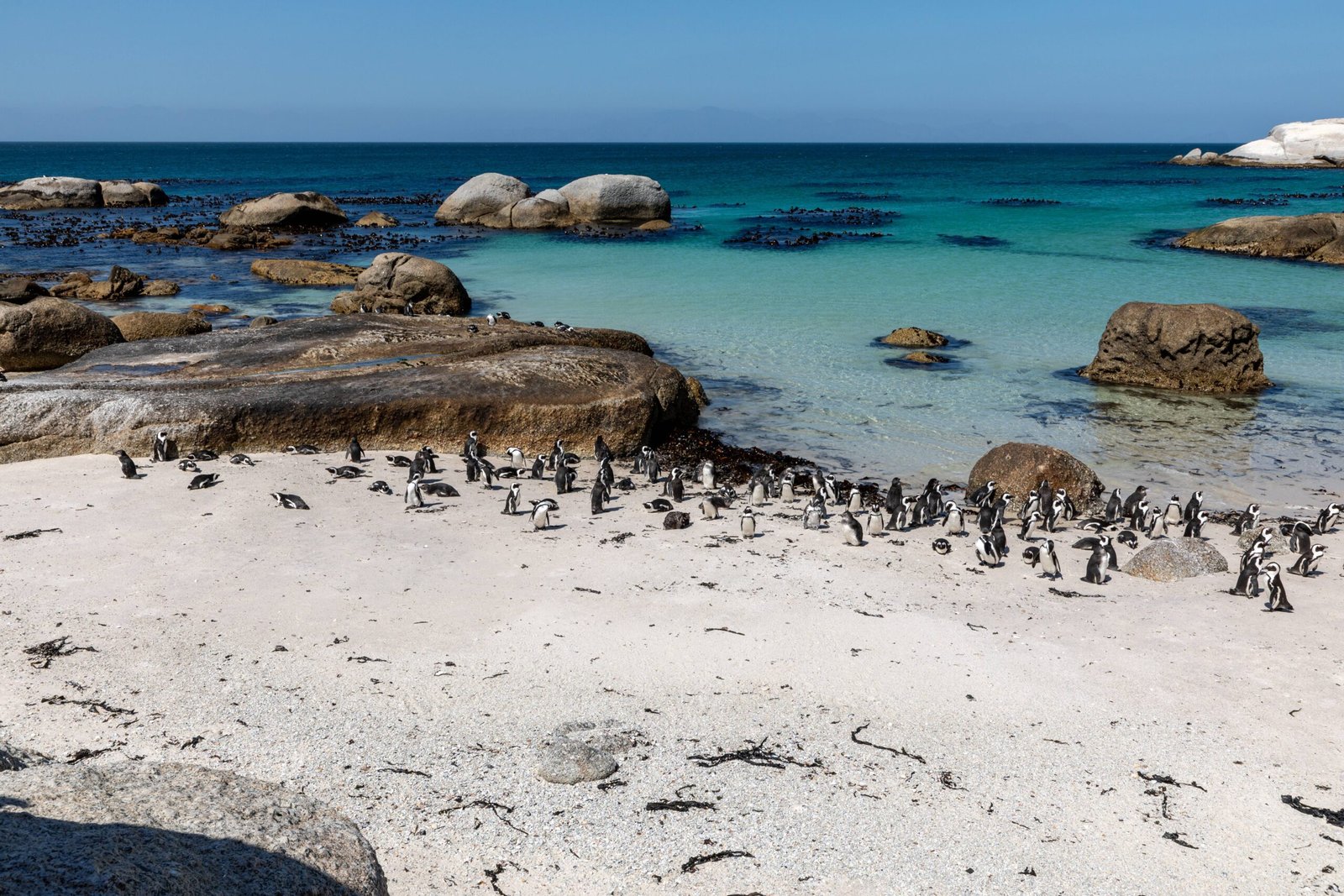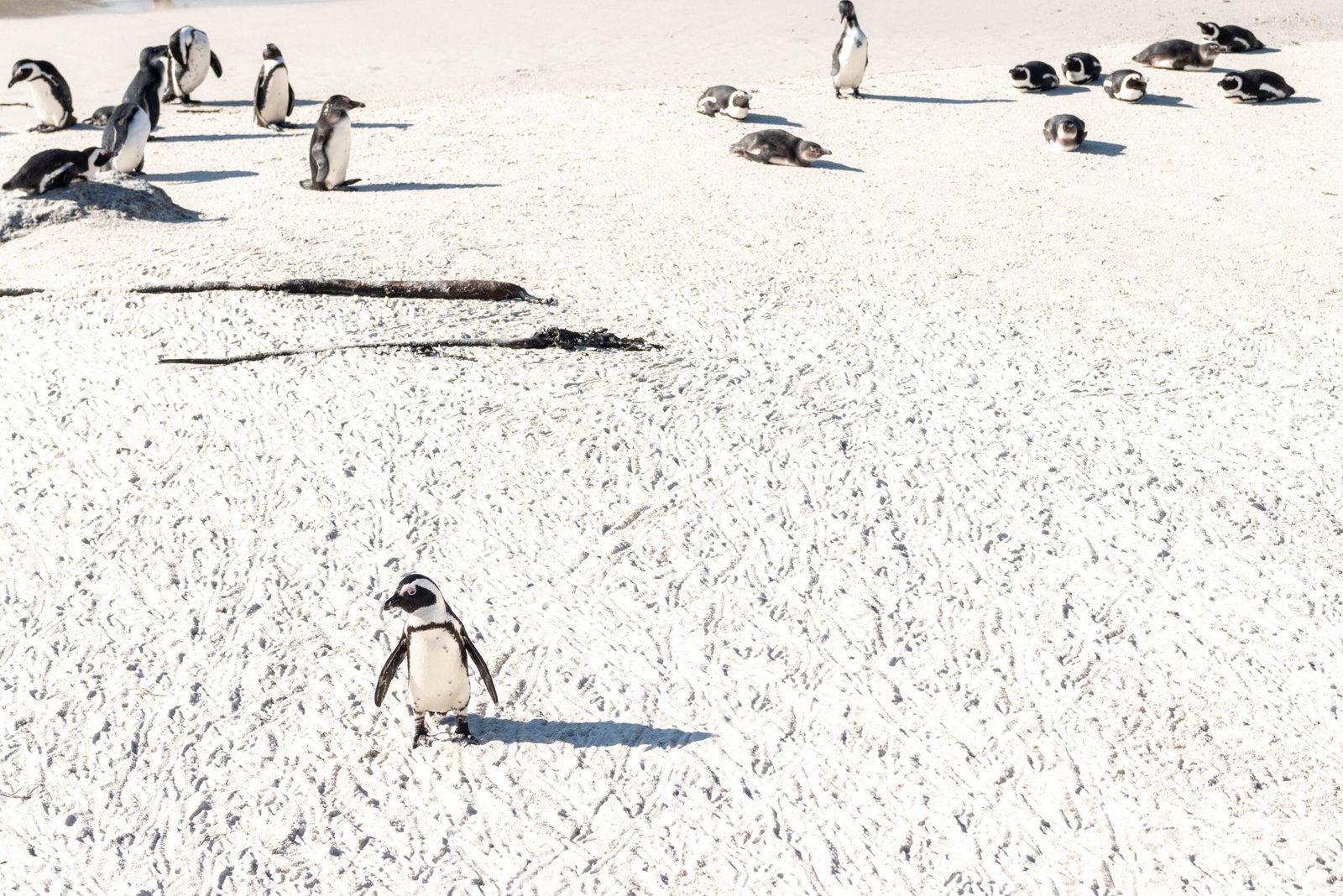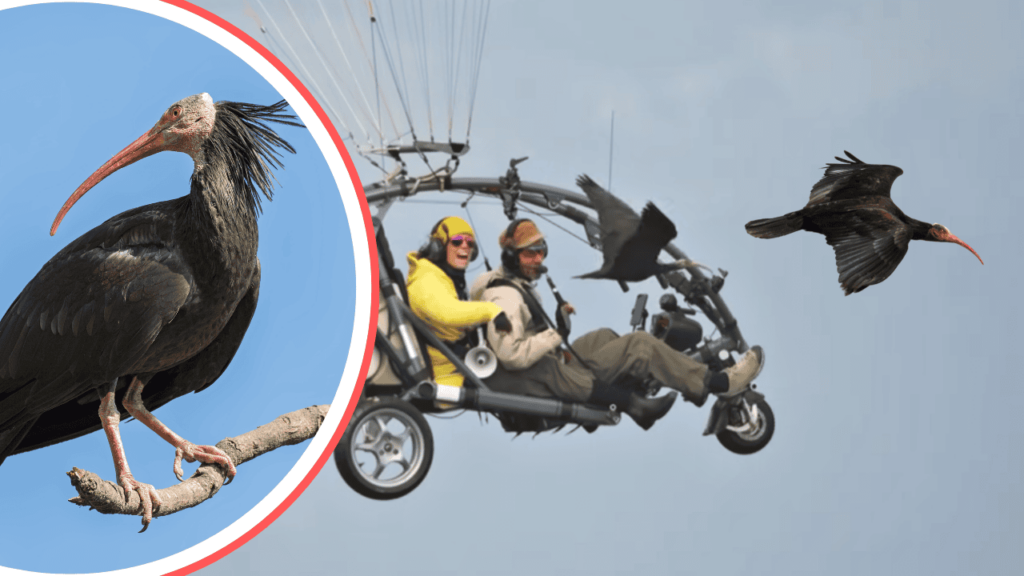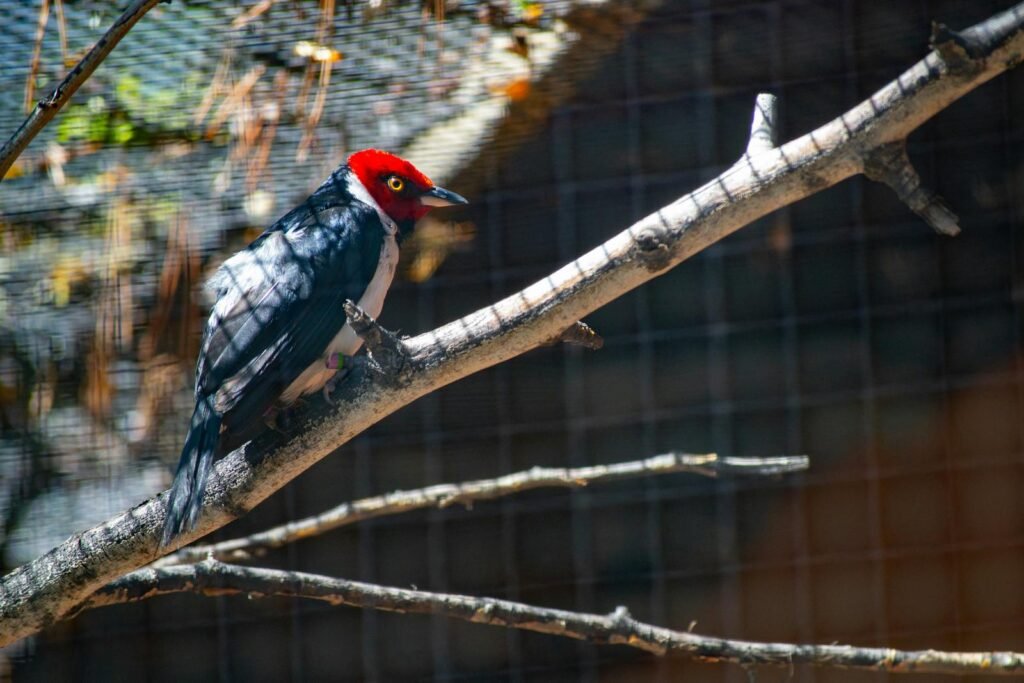Imagine a world where the coldest places on Earth are alive with bustling activity, clever survival tricks, and nature’s most endearing ocean explorers. Penguins, with their tuxedo-like feathers and comical waddle, have captivated human hearts for centuries. But behind their charming appearance lies a surprising truth: penguins are living laboratories, collecting vital data from the harshest marine environments on the planet. On World Penguin Day, let’s dive into the incredible ways these birds act as the perfect marine scientists, revealing secrets from the icy depths and inspiring scientists around the world.
The Underwater Olympians of the Animal Kingdom
Penguins are not just adorable; they are athletic marvels beneath the surface. Unlike most birds, penguins have traded flight for expert swimming, making them true champions of the ocean. Their streamlined bodies and strong flippers allow them to “fly” underwater at speeds up to 15 miles per hour, twisting and turning with astonishing agility. This mastery of the marine world gives them access to regions and depths that are almost impossible for human scientists to reach regularly. By tracking their movements, researchers gain a literal bird’s-eye (or flipper’s) view of the health and changes in vast marine ecosystems.
Natural Data Collectors in Extreme Environments

Penguins live in environments that are often too dangerous or remote for humans to study directly. Their colonies stretch from the rocky coasts of South America to the frozen wilderness of Antarctica. When penguins dive for food, they act as natural sensors, encountering temperature shifts, currents, and prey populations firsthand. Scientists can attach tiny, harmless devices to penguins, transforming them into living data recorders. The information these birds gather—like water temperature, salinity, and dive depth—helps researchers monitor oceanic conditions year-round, even during the darkness and storms of polar winters.
Sentinels of the Sea: How Penguins Signal Ocean Health
Penguins are sensitive to even the smallest changes in their environment, making them powerful indicators of ocean health. A sudden drop in fish numbers or a rise in sea temperature can dramatically affect their breeding success and chick survival. When penguin populations decline or change their habits, it’s often an early warning sign that something is wrong in the marine food web. By studying penguin behavior, biologists can detect problems—like overfishing, climate change, or pollution—long before they become catastrophic for other wildlife or humans.
Masters of Adaptation and Survival
Penguins have evolved an incredible array of adaptations to survive in some of the most unforgiving environments on Earth. Their tightly packed feathers trap air for insulation, while a thick layer of blubber keeps them warm in icy waters. Several species, like the Emperor Penguin, can dive over 500 meters deep and hold their breath for up to 20 minutes—a feat that rivals some marine mammals. These adaptations not only ensure their survival but also make penguins excellent subjects for studying how life can thrive under extreme pressure, cold, and darkness.
Tracking the Invisible: Penguins and Oceanography
When penguins dive, they don’t just catch fish—they also carry scientific instruments through the ocean’s hidden layers. These “penguin-borne” sensors record data that satellites and ships can’t easily capture, such as fine-scale temperature gradients and underwater currents. This information is crucial for understanding phenomena like El Niño, melting ice shelves, and the shifting boundaries of ocean currents. The data collected by penguins helps scientists create more accurate models of ocean circulation and predict future climate trends.
Penguins as Ambassadors for Conservation
It’s hard not to feel a sense of kinship with penguins. Their family-oriented behavior and playful antics have made them icons for wildlife conservation. When people learn how changes in the ocean threaten penguin survival, it often sparks a broader concern for marine life and a desire to protect fragile ecosystems. Penguins have become the face of campaigns against oil spills, plastic pollution, and overfishing, inspiring individuals and governments to take action and preserve the oceans for future generations.
Unlocking Secrets with Cutting-Edge Technology

Penguins are at the forefront of some of the most innovative wildlife research on the planet. Scientists now use satellite tracking, time-lapse cameras, and miniature data loggers to follow penguins as they travel thousands of miles in search of food. These technologies reveal migration routes, feeding grounds, and even how penguins react to shrinking ice and shifting fish populations. By combining penguin-borne sensors with satellite imagery, researchers unlock a detailed, real-time picture of the changing polar world.
Learning from Penguin Parenting
The dedication penguins show to raising their young is nothing short of inspiring. Some species, like the Emperor Penguin, endure months of darkness and freezing winds to protect their eggs and chicks. Parents take turns braving the open sea and fasting on land, all to give their offspring the best chance at survival. By studying penguin parenting strategies, scientists gain insight into how climate shifts, food shortages, and human disturbance ripple through entire populations. These lessons help shape conservation plans that protect not only penguins but countless other species facing similar threats.
The Surprising Connections to Human Health
It may sound shocking, but penguins can even contribute to research that benefits people. Their remarkable abilities to survive hypoxia (low oxygen), resist freezing temperatures, and recover from long fasting periods intrigue medical scientists. By studying penguin physiology, researchers are exploring new ways to treat human conditions like hypothermia, blood clotting, and even certain cardiovascular diseases. Penguins, in their own way, are helping us unlock biological secrets that could one day save human lives.
World Penguin Day: A Celebration with a Purpose
Every year on April 25th, World Penguin Day reminds us of the incredible role penguins play in both science and our imagination. It’s a day to celebrate their resilience, intelligence, and the invaluable knowledge they provide about our oceans. As climate change and human activity put increasing pressure on their habitats, the spotlight on penguins grows ever more urgent. By sharing their stories, supporting conservation efforts, and valuing the science they help advance, we honor not just these birds, but the entire marine world they represent.




